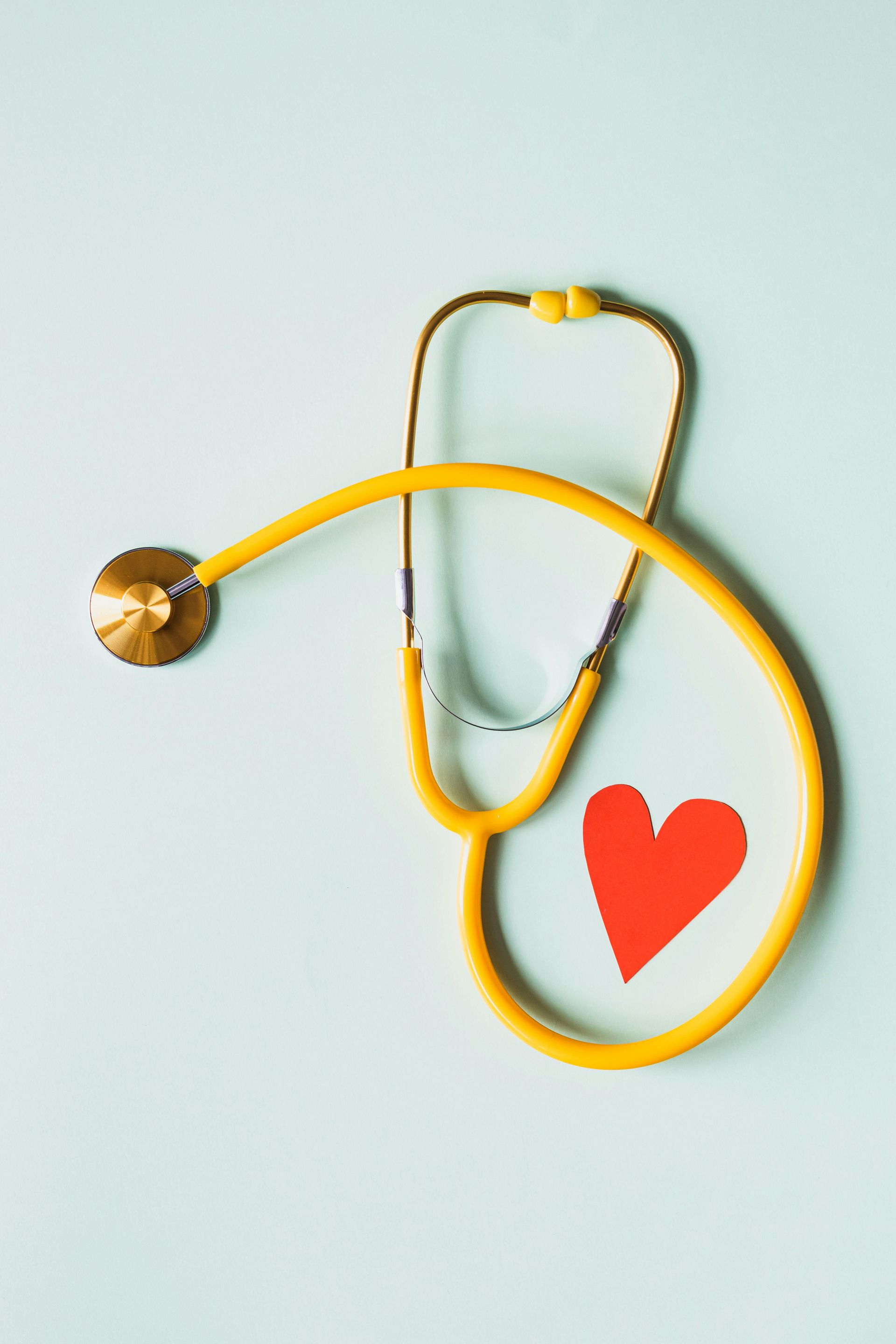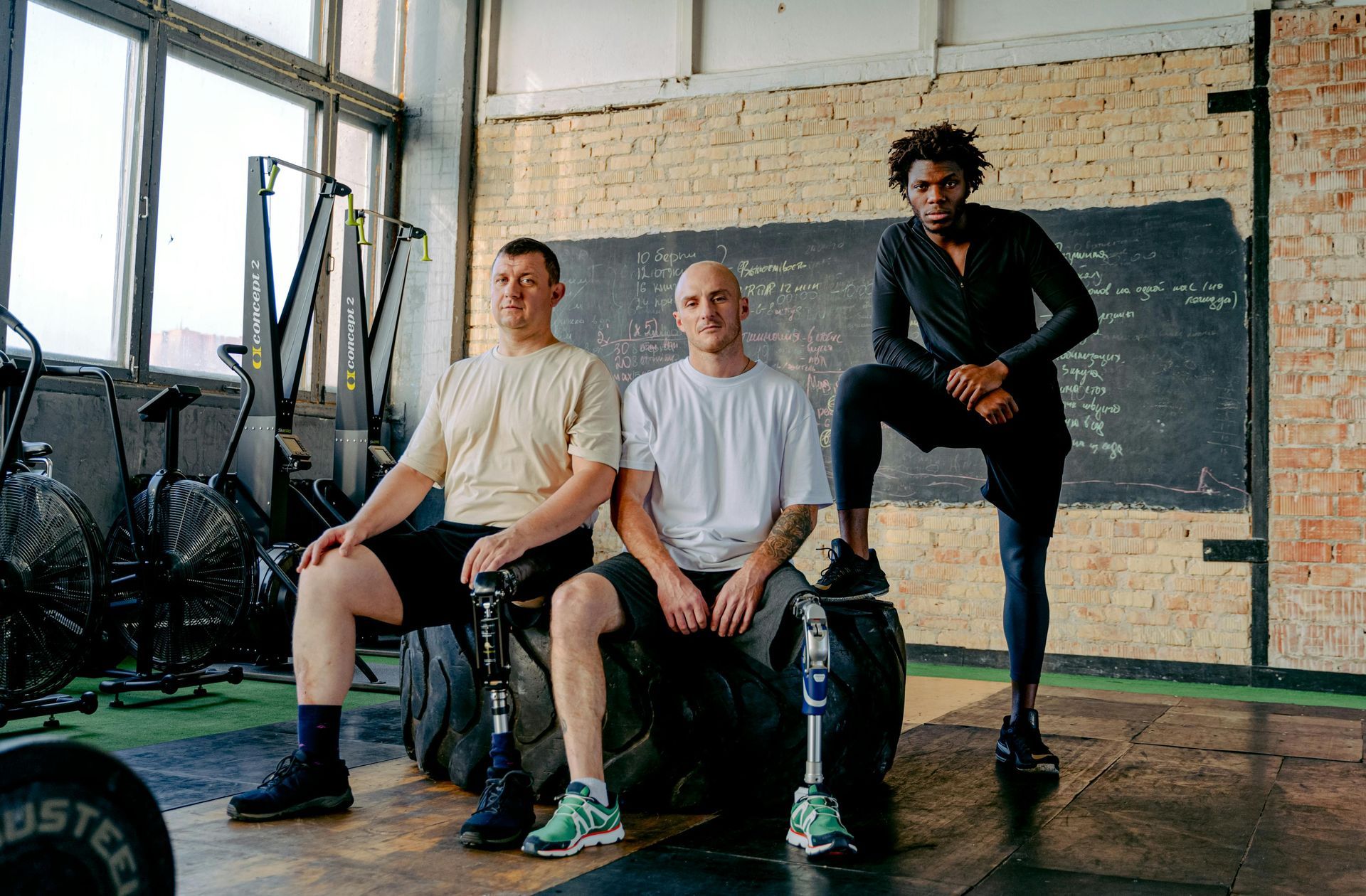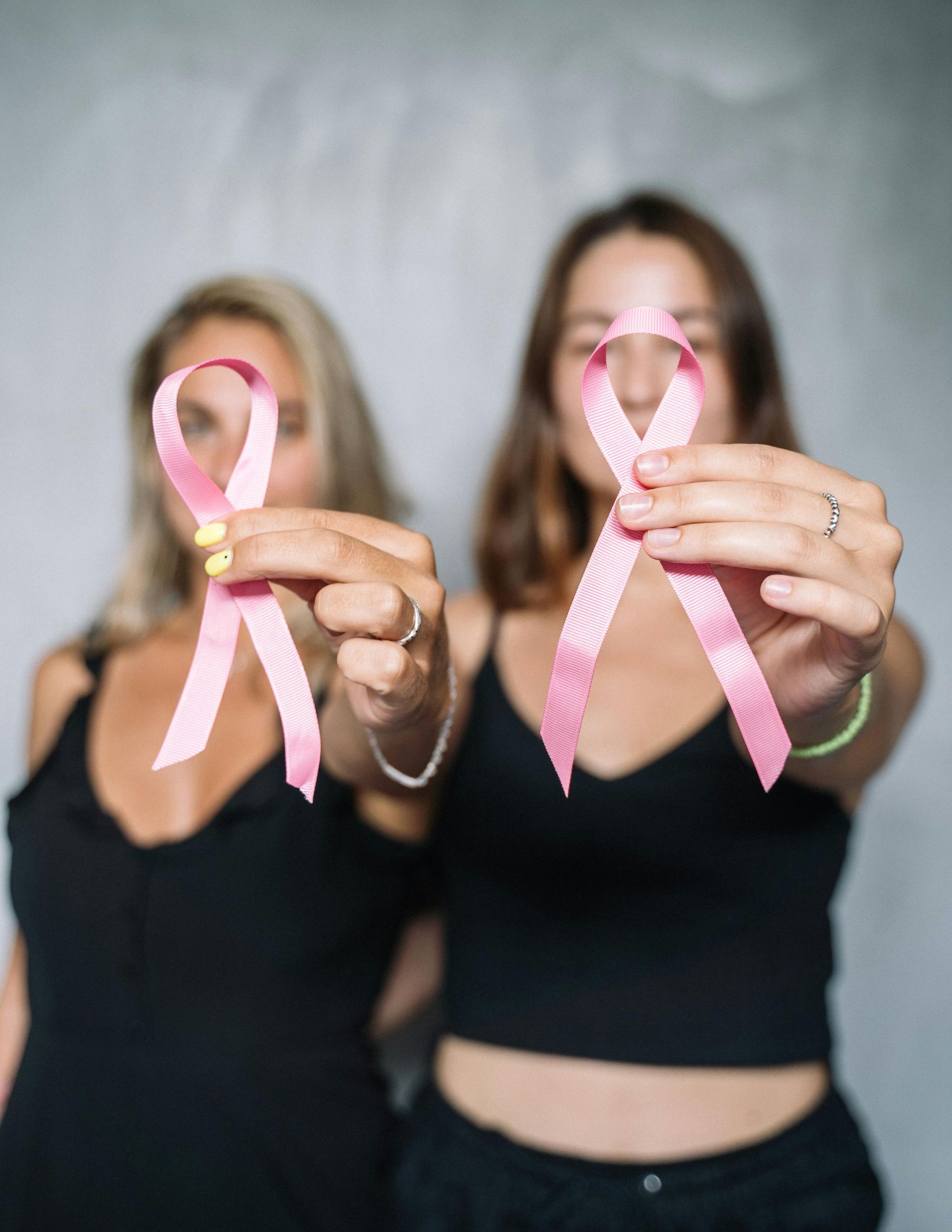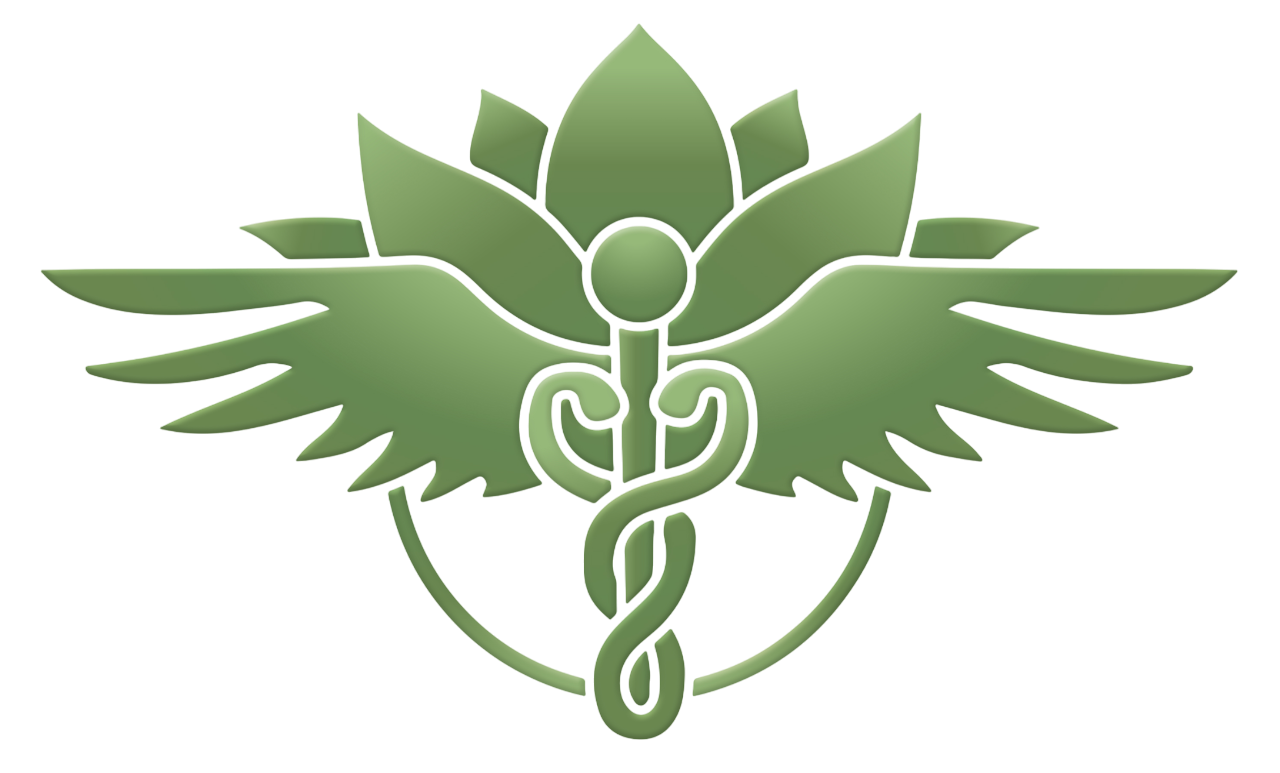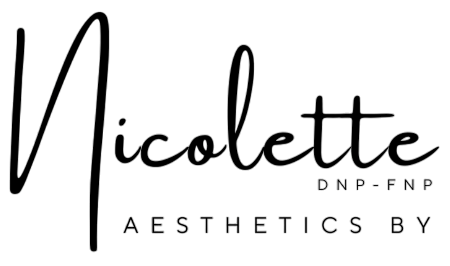By Nicolette Eberline
•
November 3, 2025
Hey everyone! Doc Nico here, and I'm fired up about something that affects millions of men but rarely gets the attention it deserves. Men are suffering in silence. They're tired, gaining weight, losing muscle, struggling with mood and motivation, and their sex drive has disappeared. They finally work up the courage to see a doctor, get their testosterone checked, and hear those devastating words: "Your labs are normal. There's nothing wrong with you." But here's the truth: "normal" is a lie. The Men's Health Crisis by the Numbers Before we dive into the testosterone scandal, let's talk about the bigger picture: Men are dying, and it's preventable: Men are 24% less likely than women to visit a doctor in the past year Men are 33% more likely to die from heart disease than women Men die by suicide 3.5 times more often than women Men live an average of 5 years less than women 40% of men over 45 have low testosterone, but most are undiagnosed Why aren't men seeking care? Stigma around "weakness" or asking for help Fear of what they might find out Belief that symptoms are "just part of aging" Previous dismissal by healthcare providers Lack of male-focused healthcare messaging The Testosterone Reference Range Scandal Alright, let's get into the part that makes my blood boil as a healthcare provider. Here's how testosterone testing works right now: You get your blood drawn. The lab runs your testosterone level. They compare it to their "reference range" - typically something like 264-916 ng/dL for total testosterone. If you're anywhere in that range, you're told you're "normal." But here's the problem, that range is ABSURD. Why the Reference Range Is Broken It's based on a population average, not optimal health. That 264-916 ng/dL range? It's created by testing a bunch of men (of all ages, health statuses, and fitness levels) and plotting their results on a bell curve. The "normal" range is just the middle 95% of that population. Think about that for a second. If the average man is overweight, sedentary, stressed, and eating poorly (which, let's be honest, describes a lot of American men), then "average" doesn't mean "healthy" - it means "average for a sick population." It lumps 20-year-olds with 80-year-olds. A 25-year-old man with testosterone at 300 ng/dL is NOT the same as a 75-year-old man at 300 ng/d L. But the lab treats them the same - both are "in range." A young man at 300 ng/dL is experiencing premature decline. An older man at 300 ng/dL might be doing okay for his age. Context matters! Testosterone levels have been declining for decades. Studies show that average testosterone levels have dropped about 1% per year since the 1980s. This means today's "normal" would have been considered low 40 years ago. We're literally lowering the bar based on a declining population, then telling men they're fine when they're actually experiencing the effects of a societal health crisis. The range is MASSIVE Let's do some math. The difference between 264 ng/dL and 916 ng/dL is 247%. Imagine if your doctor said your blood pressure could be anywhere from 90/60 to 220/140 and that's "normal." You'd think they were crazy! But that's essentially what we're doing with testosterone. A man at 300 ng/dL and a man at 800 ng/dL are going to feel COMPLETELY different, but both are told they're "fine." What "Low Normal" Testosterone Actually Feels Like If you're a man sitting at 300-600 ng/dL (technically "in range" but on the low end), here's what you might be experiencing: Physical symptoms: Constant fatigue, even after sleeping Difficulty building or maintaining muscle Increased body fat, especially around the midsection Decreased strength and endurance Joint pain and slower recovery from workouts Low libido or erectile dysfunction Hot flashes or night sweats Mental/emotional symptoms: Brain fog and difficulty concentrating Decreased motivation and drive Irritability or mood swings Anxiety or depression Loss of competitive edge Feeling like a shell of your former self The PSA Conversation We Need to Have While we're talking about men's health, let's address prostate health. PSA (Prostate-Specific Antigen) testing is controversial, but here's what you need to know. What is PSA? PSA is a protein produced by the prostate gland. Elevated levels can indicate prostate cancer, but they can also be elevated due to benign conditions like enlarged prostate or prostatitis. The controversy is some organizations say routine PSA screening leads to overdiagnosis and unnecessary treatment. Others say it saves lives by catching cancer early. My take: If you're over 40, really considering TRT or getting a health baseline in your mid-late 30s, you should know your PSA One PSA number means nothing - it's about tracking trends over time PSA should be part of a comprehensive men's health evaluation Discuss the pros and cons with a provider who will actually listen to you Important for testosterone therapy: If you're considering testosterone replacement, you NEED a baseline PSA. Testosterone doesn't cause prostate cancer, but it can accelerate an existing cancer. We check PSA before starting therapy and monitor it regularly. When Should You Actually Seek Treatment? Here's my professional opinion on when testosterone optimization makes sense. You should consider testosterone therapy if: Your total testosterone is below 600 ng/dL AND you have symptoms Your free testosterone is low (this is often more important than total) You've tried lifestyle optimization (sleep (yes that means treating sleep apnea aka snoring), diet, exercise, stress management) for 3-6 months without improvement Your symptoms are significantly affecting your quality of life You're motivated to commit to treatment and monitoring The Lifestyle Foundation Before we talk about treatment, let's be real - some men have low testosterone because of lifestyle factors that are fixable: Things that TANK testosterone: Poor sleep (especially less than 7 hours) Chronic stress and high cortisol Excess body fat (fat tissue converts testosterone to estrogen) Excessive alcohol consumption Lack of exercise (especially strength training) Nutrient deficiencies (zinc, vitamin D, magnesium) Certain medications Environmental toxins (plastics, pesticides) Things that BOOST testosterone naturally: Quality sleep (7-9 hours consistently) and treating sleep apnea Strength training 3-4x per week Maintaining healthy body composition Managing stress effectively Eating adequate protein and healthy fats Getting morning sunlight Limiting alcohol Optimizing vitamin D, zinc, and magnesium If your lifestyle is a mess, we need to fix that first. But if you're doing everything right and still feeling terrible, it's time to consider treatment. Treatment Options That Actually Work Injections: Dosing: Twice weekly Administration: Intramuscular or subcutaneous Pharmacology: Synthetic testosterone Kinetics: Creates peaks and troughs in serum levels between doses Pellets: Dosing: Every 4-6 months (average 5 months) Administration: In-office minor surgical procedure (subdermal implantation) Pharmacology: Bioidentical testosterone Kinetics: Provides steady-state release over time with minimal fluctuation Creams: Dosing: Daily application Administration: Topical (scrotal application provides highest absorption due to thinner skin and increased permeability) Pharmacology: Bioidentical testosterone Kinetics: Transdermal absorption; effectiveness varies based on application site and individual skin barrier function Oral Pills: Dosing: Daily (typically twice daily) Administration: Oral Pharmacology: Synthetic testosterone (testosterone undecanoate) Kinetics: Absorbed through the lymphatic system, bypassing first-pass liver metabolism Note: Less commonly prescribed What about "booster" supplements? Most over-the-counter testosterone boosters are garbage. They might help if you have specific nutrient deficiencies, but they won't fix true low testosterone. Save your money. There are prescription testosterone boosters that may work for patients and may be a better option for those in their 20s, 30s, preserving fertility or actively trying to have a baby. Beyond Testosterone: Other Hormones That Matter Testosterone doesn't exist in isolation. When we optimize men's hormones, we also look at: Estradiol (yes, men need estrogen too!) Too low: joint pain, low libido, mood issues Too high: water retention, emotional, erectile dysfunction We want it in the sweet spot, not too high or too low Thyroid hormones Often overlooked in men Low thyroid mimics low testosterone symptoms Should always be checked alongside testosterone Cortisol Chronic stress kills testosterone production High cortisol = low testosterone Must address stress to optimize hormones DHEA Precursor to testosterone and estrogen Declines with age Can be supplemented if low The Mental Health Connection Here's something most doctors won't tell you: low testosterone and depression/anxiety are deeply connected. Low testosterone can cause:, depression, anxiety, irritability, brain fog, and loss of motivation. But the catch is depression and anxiety can also LOWER testosterone. It's a vicious cycle. F or veterans and first responders especially, PTSD, depression, and anxiety are rampant in these communities. And guess what? These conditions often coexist with hormonal imbalances. This is why I offer both hormone optimization AND ketamine therapy. Sometimes you need to address the mental health piece alongside the physical health piece. Breaking the stigma: Seeking help for mental health isn't weakness - it's strength. Optimizing your hormones isn't "cheating" - it's healthcare. You deserve to feel good. What to Expect from Treatment If you start testosterone therapy, here's the realistic timeline: Weeks 1-2 you might feel a bit better, might feel nothing yet. This is normal - be patient. Weeks 3-6 your e nergy starts improving, mood lifts, libido returns, workouts feel better. M onths 2-3 , you have n oticeable muscle gain, fat loss (especially with proper diet/exercise), mental clarity improves, you're feeling more like yourself. Months 3-6 you have c ontinued body composition changes, stable mood and energy, improved confidence and motivation and thinking "this is how I'm supposed to feel." Important: Results vary by individual, and you need to be patient. This isn't a quick fix - it's a long-term commitment to your health. The Monitoring You Need If a provider prescribes testosterone without proper monitoring, RUN. Typical monitoring schedule depends on the method of getting hormones but includes at a minimum baseline labs, labs for dosing adjustments, and every 6-12 months with an annual PSA. You should be monitored for: Testosterone levels (total AND free ) Sex hormone binding globulin Estradiol Hematocrit (testosterone can increase red blood cells) PSA Liver function Lipid panel Thyroid function The Bottom Line The men's health crisis is real, and it's not getting better on its own. If you're suffering, you're not alone, and you're not "just getting old." Here's what I want you to take away: "Normal" labs don't mean optimal health - If you feel terrible, something is wrong Testosterone below 600 ng/dL with symptoms deserves treatment - Don't let anyone tell you otherwise Lifestyle matters - Fix the foundation first, but don't suffer needlessly if lifestyle isn't enough Mental and physical health are connected - Address both for best results You deserve to feel good - Quality of life matters at every age Men's health matters. YOUR health matters. And no, you don't just have to accept feeling like crap as "part of aging." Ready to take control of your health? If you're in the Las Vegas area and tired of being dismissed, I'm here to help. Text me at (725) 222-8260. Let's fix this together. Your partner in men's health, Doc Nico Your Wellness & Hormones Specialist P.S. Share this with the men in your life who need to read it. Knowledge is power, and every man deserves to feel strong, energized, and like himself again. 💙

